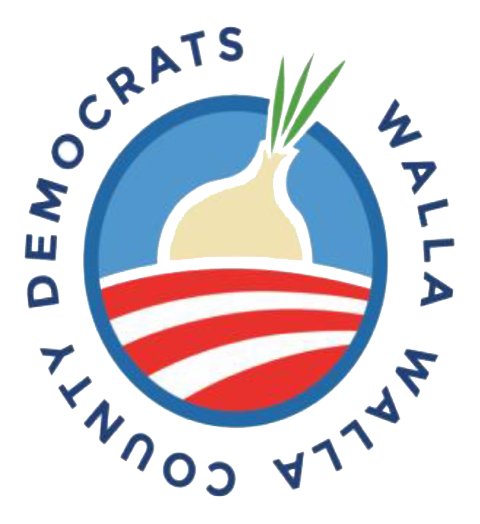Police Blotter, Obituaries, and Letters to the Editor
Hyperlocal does it. Editors Colleen Smith (The Islands’ Sounder) and Michelle Nedved (The Newport Miner and others) explained what it takes to make a local newspaper a success: hyperlocal plus a lot of hard work. See the video here.
Hyperlocal means not just the police blotter and obituaries. It means the relationships behind them. A local paper is a community paper. The people responsible for the papers (Michelle and Colleen) meet their readers and advertisers on the street, in the grocery store, and in the local café. They are your neighbors, and they know where you live.
Sometimes they meet in the courtroom. Because that, too, means being part of the community. Sometimes people are not happy with you. Litigation aside, Colleen lives and works in an accepting community where her private views jive pretty well with the community. Michelle, though, is in a community that can be tough politically. This is not all bad. It reinforces honesty and accountability. Here, again, hyperlocal comes into play. Many of the issues of local concern, even when controversial, do not fall along party lines. Much of local government can be technical and not easily politicized, and the genuinely divisive issues in the community may divide neighbors in ways unrelated to party.
Hyperlocal can fray along the edges. Michelle talked about the West Bonner school district across the river in Idaho that is imploding. We have seen the politicization of the Dayton Library and of about everything else in Columbia County. More and more decisions that we assigned professionals in the past are being subjected to a political test. This is not a naïve questioning of the status quo but studied efforts to control the political agenda.
Responsible local papers such as The Miner and the Islands’ Sounder stand in the path of these challenges to community. Attempts to seize control and impose choices on citizens do, indeed, challenge the community. These local papers dampen the waves of populism by standing up for community values of truth-telling. They have confidence in their communities and that confidence is reflected back. Michelle pointed to an old-fashioned habit that a story is not credited until it is printed in the paper.
We talked about “truth” and how our society is schooling itself away from science, “logical empiricism”, scrutiny and analysis, and our older generations’ other ways of distinguishing fact from fiction. There are no easy answers of how to respond to deeply-felt fiction. Colleen during COVID actually resorted to fact checking LTE’s. She would insert correcting data in a box above a published letter asserting mistruths. Michelle has made the occasional tough choice of not printing LTE’s that cross the line.
When asked whether “potholes” or “big issues” moved their readers, Colleen and Michelle agreed that potholes drive elections. Nothing, actually, could be more encouraging for the health of democracy.
We talked about community. Only incidentally did we talk about how local newspapers are crucial to upholding the Constitution. The grand political role ascribed to local newspapers comes as a consequence of professional reporting of community affairs, with an emphasis on “community”. Hyperlocal.
The professional part is equally important. It relies on the integrity of people like Michelle and Colleen. We need to do everything we can to support their commitment to transparent and accountable reporting of the news. This leaves “transparent” and “accountable to whom” undefined. This is why Colleen and Michelle are so important.
As for future readers, comics are key. For many of us, our introduction to reading the newspaper was most often comics. The Miner is bringing back comics in January.
Don Schwerin is the Chair of the Ag and Rural Caucus of the Washington State Democrats. He is a former State Committee Person for the Walla Walla County Democrats.

